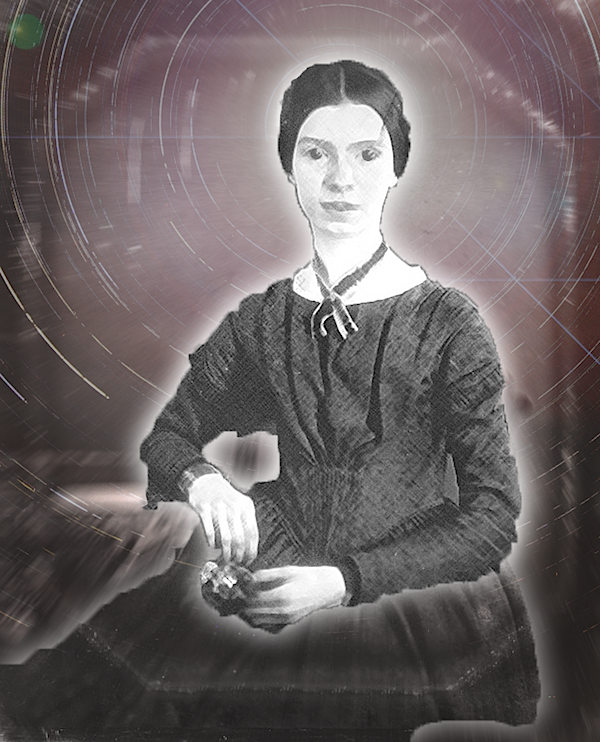
Emily Dickinson, barely known as a poet in her lifetime, ranks impossibly large in our own. Yet when her complete works were first published, she was dismissed by the critics. Author Thomas Bailey Aldrich dispensed with her thus:
“It is plain that Miss Dickinson possessed an extremely unconventional and grotesque fancy. She was deeply tinged by the mysticism of Blake, and strongly influenced by the mannerism of Emerson … But the incoherence and formlessness of her — versicles are fatal … an eccentric, dreamy, half-educated recluse in an out-of-the-way New England village (or anywhere else) cannot with impunity set at defiance the laws of gravitation and grammar”.
Yet now Aldrich is all but lost to literary history, while Dickinson looms larger and larger in our minds. Collector of folktales Andrew Lang said “if poetry is to exist at all, it really must have form and grammar, and must rhyme when it professes to rhyme. The wisdom of the ages and the nature of man insist on so much” … yet history has proved him so wrong, and equally forgotten him.
The truth is, an eccentric, dreamy, half-educated recluse in an out-of-the-way town anywhere can, with impunity, defy the laws of gravitation and launch her poetry to the stars, and no-one unwilling to make the trip has the power to stop her.
-the Centaur
Pictured: Emily Dickinson bending space and time with the power of her mind. Emily’s portrait taken from the Todd-Bingham Picture Collection and Family Papers, against a backdrop of star streaks taken by John Fowler, both from Wikimedia Commons.